Talents
Each year the CNRS rewards those who contributed the most to its influence and to research advances. CNRS scientists are in fact regularly awarded the highest international distinctions. At the European level, the organisation is also the leading beneficiary of the ERC programme, for which excellence is the only selection criterion.
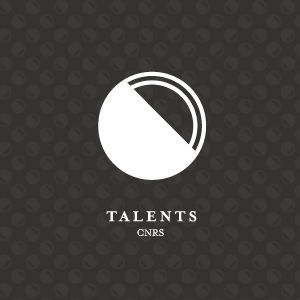
Talents CNRS
Each year, the CNRS medals celebrate the researchers and officials for their outstanding contributions to the organisation’s vitality and reputation.
- The gold medal honours the body of research of a renowned scientific figure.
- The medal of innovation recognises outstanding research in the technological, therapeutic, economic, or societal fields.
- The silver medal is awarded, as their careers take off, to researchers who are already recognised at the national and international levels.
- The bronze medal is given in recognition of the initial work of a promising researcher in their field.
- The crystal medal rewards CNRS engineers, technicians, and administrative staff.
- The collective crystal medal rewards teams of men and women in research support functions who have carried out collective projects which are innovative or with remarkable technical mastery.
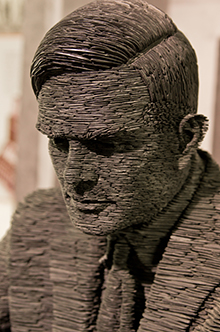
International distinctions
The CNRS has a long tradition of excellence, which began with Jean Perrin, its founder and the 1926 Nobel laureate in physics. Many researchers recognised by the highest international distinctions have worked in CNRS laboratories at one moment of their career or another.

ERC
The European Research Council (ERC) funds scientific excellence at the frontier of knowledge. It is a "non-thematic" scientific programme dedicated to exploratory research whose only selection criterion is scientific excellence.
This programme offers four types of individual grants:
- Starting Grants, for young researchers, two to seven years after obtaining a PhD.
- Consolidator Grants, for young researchers, seven to twelve years after obtaining a PhD.
- Advanced Grants, for established researchers.
- Proof of Concept which provides commercialization support. These grants are reserved for researchers who have already obtained an ERC grant.
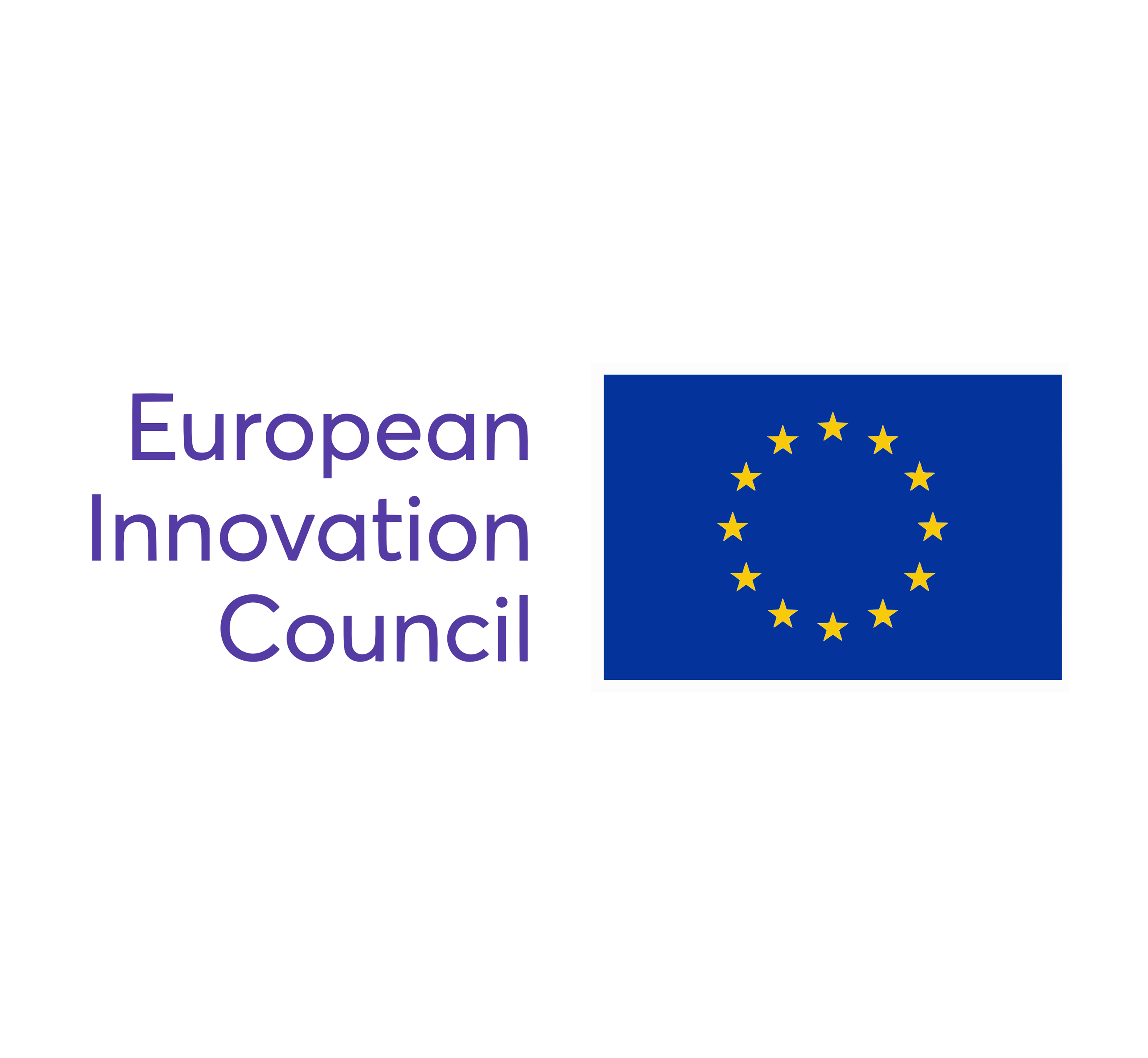
EIC
The European Innovation Council (EIC) has been established under the EU Horizon Europe program. It has a budget of €10.1 billion to support game changing innovations throughout the lifecycle from early stage research, to proof of concept, technology transfer, and the financing and scale up of start-ups and SMEs. It is Europe’s flagship innovation programme to identify, develop and scale up breakthrough technologies.
EIC is structured around three programs:
- EIC Pathfinder: supports research teams to research or develop an emerging breakthrough technology (TRL 1-2 to 4) ;
- EIC Transition: funds innovation activities that go beyond the experimental proof of principle in laboratory to support the maturation and validation of your novel technology in the lab and in relevant application environments, a well as the development of a business case and (business) model towards the innovation’s future commercialisation (TRL 4 to 5-6) ;
- EIC Accelerator: supports individual small and medium enterprises (SMEs), in particular startups and spinout companies to develop and scaleup game-changing innovations (TRL 5-6 to 9).
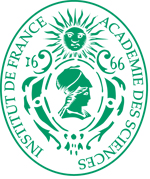
French Academie des sciences
Ever since it was created, the Academy has being resolutely committed to the advancement of science and has advised government authorities in those matters and issues deemed within its remit. It is a double calling that has been reinforced over time, as and when our knowledge-base itself progressed. Today, the Academy’s Members discharge their missions, to the Nation and the Academy's foundations, in standing committees and working parties set up by the Academy.
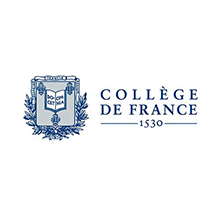
Collège de France
Collège de France is a public higher education and research institution, which is unique in France and has no equivalent abroad. Since the 16th century, Collège de France has had a two-fold mission: to be a forum for cutting-edge research and teaching.
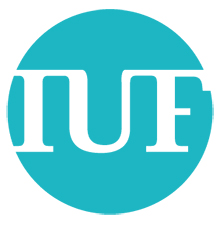
Institut Universitaire de France
The mission of the Institut Universitaire de France is to promote the development of high-level research in universities and to strengthen interdisciplinarity.
The display of this distinction begins on our website when CNRS Informatics was created in 2009.